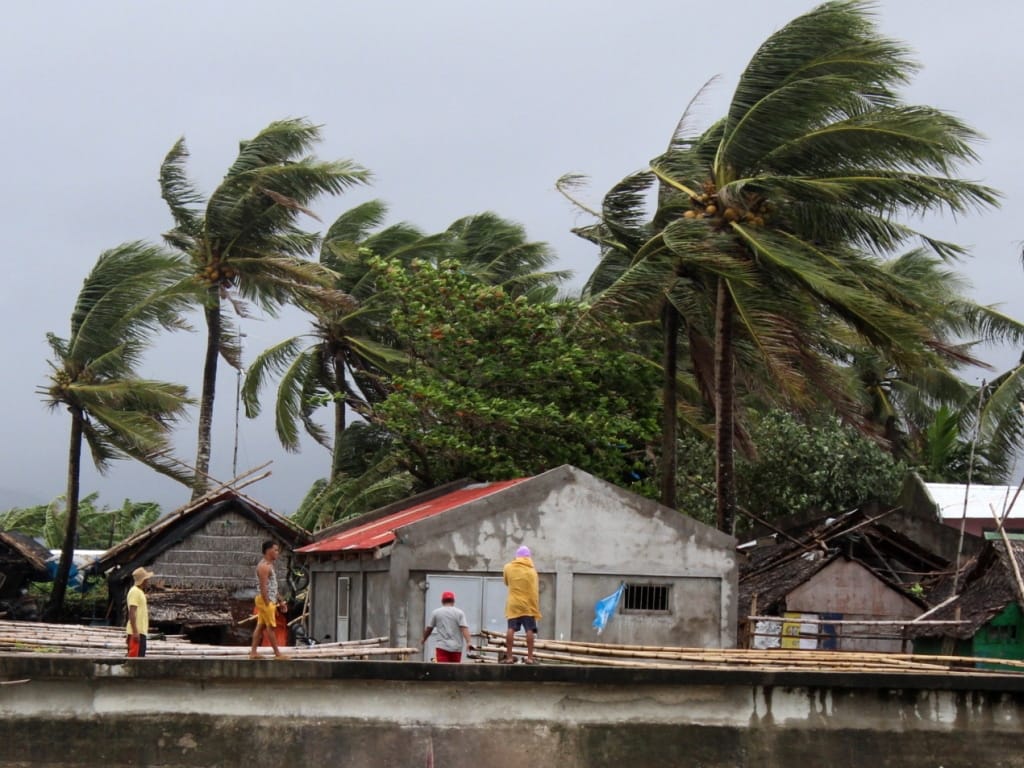The recent devastation caused by Cyclone Chido in Mayotte has drawn international attention as the region grapples with the aftermath of this catastrophic weather event. Reports indicate that the cyclone, which struck the island with unprecedented force, has led to a staggering number of casualties and widespread destruction. According to officials, the death toll could reach into the thousands, underscoring the severity of the situation and the urgent need for humanitarian aid.
Mayotte, a small archipelago located in the Indian Ocean, is a French overseas department. Its geographical position makes it particularly susceptible to tropical storms, but the intensity and impact of Cyclone Chido have exceeded previous experiences. The cyclone made landfall with ferocious winds and heavy rainfall, causing landslides and flooding that devastated homes, schools, and critical infrastructure. Many residents were caught off guard, as the storm’s rapid intensification left little time for adequate preparation or evacuation.
In the wake of the cyclone, local authorities have mobilized emergency response teams to assess the damage and provide assistance to those affected. The situation on the ground is dire, with many communities cut off from essential services and resources. Emergency shelters have been established, but they are quickly becoming overwhelmed as displaced individuals seek refuge from the devastation. The urgency of the humanitarian crisis is compounded by the challenges of accessing remote areas, where roads have been rendered impassable due to debris and flooding.
International aid organizations have begun to respond, offering support in the form of supplies, medical assistance, and personnel to help with recovery efforts. However, the scale of the disaster poses significant logistical challenges. The island’s infrastructure, already limited, has been severely compromised, making it difficult to deliver aid effectively. Moreover, the ongoing threat of aftereffects, such as additional storms or disease outbreaks, adds to the complexities of the situation.
The impact of Cyclone Chido is not only felt in terms of immediate loss of life and property but also raises broader questions about climate resilience in vulnerable regions. As climate change continues to influence weather patterns, island communities like Mayotte face increasing risks from extreme weather events. The destruction wrought by Cyclone Chido serves as a stark reminder of the urgent need for comprehensive disaster preparedness and climate adaptation strategies.
In the coming weeks and months, the focus will shift from immediate response to long-term recovery. Authorities and aid organizations will need to work collaboratively to rebuild communities, restore infrastructure, and provide psychological support to those who have endured such trauma. The rebuilding process will also involve addressing the underlying vulnerabilities that have exacerbated the impact of the cyclone, including housing quality, access to healthcare, and economic stability.
As the situation develops, it is crucial for the global community to remain engaged and supportive. The resilience of the people of Mayotte will be tested, but with concerted effort and solidarity, there is hope for recovery and rebuilding. The response to Cyclone Chido will not only shape the immediate future of the island but also set a precedent for how similar disasters are managed in the context of a changing climate.
In conclusion, Cyclone Chido has highlighted the devastating effects of natural disasters on vulnerable populations. The loss of life and destruction in Mayotte is a tragic reminder of the urgent need for global attention to climate resilience and disaster preparedness. As recovery efforts commence, the focus must remain on supporting those affected and ensuring that such tragedies are mitigated in the future.


